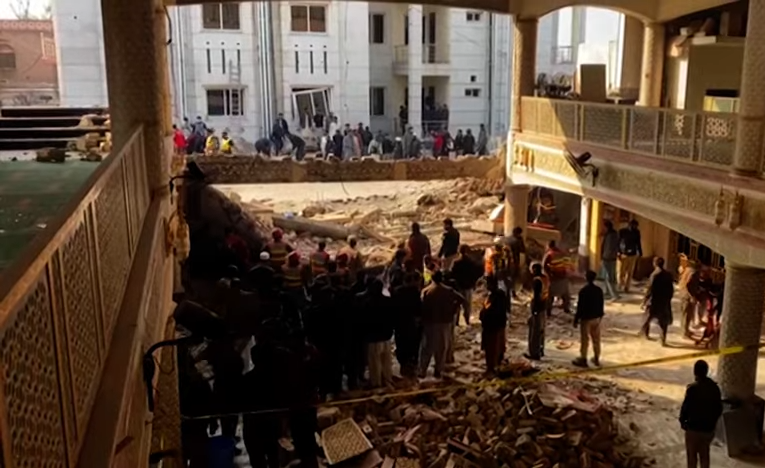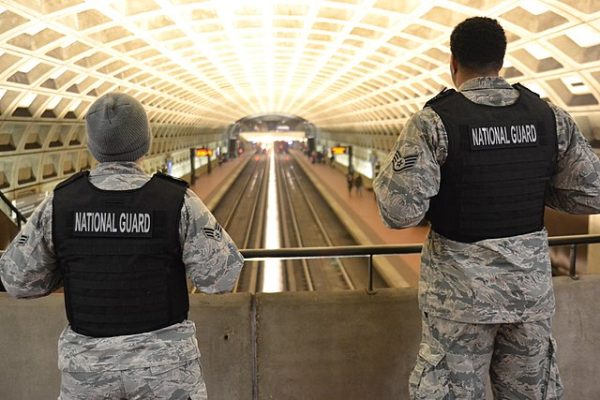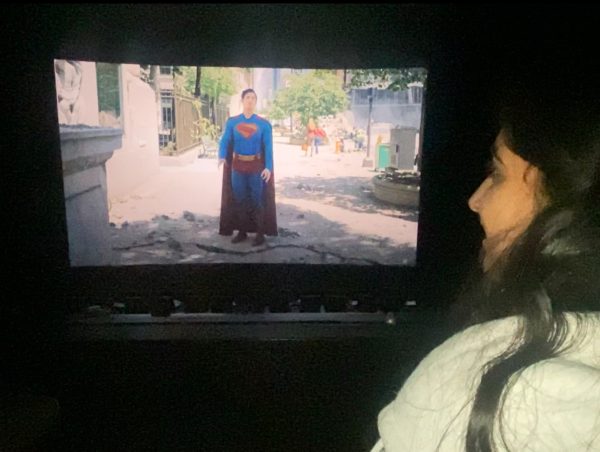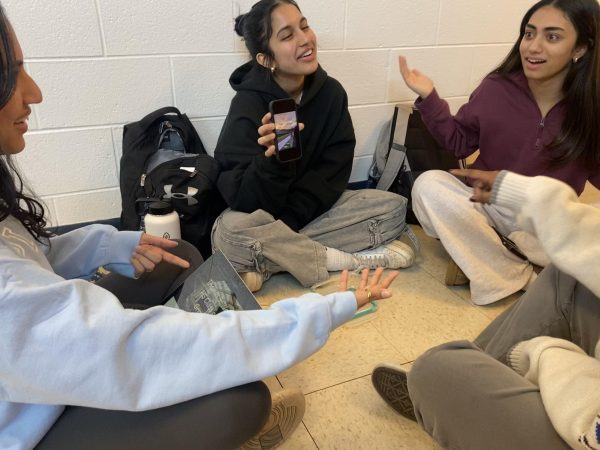The World Is Ending: No space for anti-Muslim hate
Photo used with permission from Google Commons
Rescuers work to save trapped worshipers and recover dead victims inside the mosque after the bomb caused a whole wall to collapse. Citizens observe the damage from behind police tape.
On Jan. 30, a suicide bomber entered a mosque in a high-security police compound in Peshawar, Pakistan. He stood among hundreds of policemen, all offering their daily prayers, and detonated the vest-bomb he was wearing. The ensuing explosion collapsed the mosque’s roof, killing over 100 worshippers and wounding 217 others, according to CNN World News.
The United Nations has designated attacks against “protected objects” such as hospitals, schools and religious buildings as war crimes. Suicide-bombing a mosque, where Muslims have a fundamental right to be safe in their person while they pray, is more than just a hate crime: it’s an action internationally regarded as heinous and unacceptable. “[Prayer] is the most important part of our religion and is the key to paradise. Every Muslim is required to do it and it creates a unifying force between Muslims,” president of the Muslim Student Association Ryeed Zaman said.
Muslims pray five times a day: before sunrise, midday, late noon, sunset and at night. During prayer, they recite verses from the Quran, which is the sacred scripture of Islam. Carrying out an attack during holy prayer adds insult to the already grievous atrocity that is attacking a mosque. “Somebody bombing the place where we pray, it makes me very sad,” senior Zoya Javed said. “It makes us uncomfortable and feel like we need to be careful when we go to pray.”
It’s unclear whether the attack was conducted by the Pakistani Taliban, known as Tehreek-e-Taliban (TTP), which operates in both Afghanistan and Pakistan, and has been designated a foreign terrorist organization by the U.S. government. “The brutal killing of Muslims prostrating before Allah is against the teachings of the Quran,” CNN reported Pakistani Prime Minister Shehbaz Sharif said.
The targeting of Muslims during prayer is not unique to Pakistan, or the TTP. Even in the United States (where our constitution is supposed to protect citizens’ freedom of religion) anti-Muslim hate crimes are committed at an alarming rate. According to the FBI 2021 Hate Crimes Statistics (published in December 2022), 9.5% of religion-based hate crimes in the US were motivated by anti-Islamic sentiments. “As I was growing up I was afraid to pray in public if it was time of prayer and I would pray at home, which means I missed the prayer,” Zaman said. “But now I feel like people are more informed and I feel comfortable praying in public.”
For the victims in Peshawar, the end of their world has already arrived. As for the rest of us, if we continue allowing hatred and religious intolerance to fester and spread throughout our community, our country and the globe, we really will bring about the end of the world.
But if we open our minds to diverse ideologies, and our hearts to empathy, we can grow strong enough to pull the world back from the brink. “I feel the main thing is just more information around Islam and prayer in specific since it is so important for our religion,” Zaman said. “Just respect the religion when we need something to pray. For example, this year one of our biggest accomplishments was getting a prayer room at Wootton that we can use to pray whenever we need.”
Your donation will support the student journalists of Thomas S. Wootton High School. Your contribution will allow us to purchase equipment and cover our annual website hosting costs.
Catie is a 2023 graduate.







